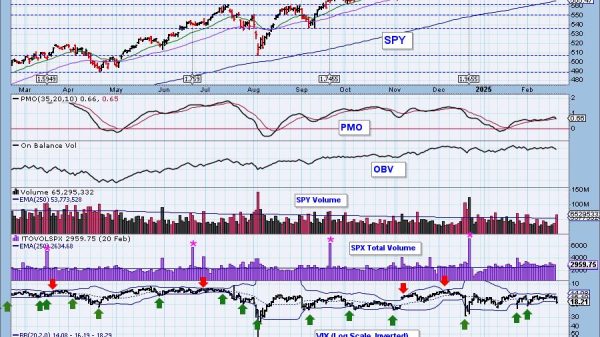Small business owners often make the fatal mistake of neglecting their network security. They may not believe themselves to be a viable target, they may have budget concerns, or they may simply not know that security is such a high priority.
In any case, what are the most accessible strategies for improving network security in a small business?
Address Your Network Architecture
First and perhaps most importantly, you need to address your network architecture. The architecture of your network needs to be designed and implemented in a way that prioritizes security. There are many strategies and acquisitions that can help you in this pursuit.
For example, you can focus on segmenting your network, bringing it down into more isolated segments so the entire network isn’t broadly vulnerable. Segmenting your network also allows you to apply different security settings to each individual network, allowing you to use your resources wildly and guard against the most relevant threats.
You can also implement firewalls and network access controls (NACs), as well as other devices and mechanisms that can help you improve network security. Firewalls allow you to not only monitor, but also control network traffic, so you can filter out potentially malicious users, bots, and other threats. These are highly customizable, so you can adjust them to suit your business needs. Network access controls function similarly, verifying devices and users before authorizing network access, thereby ensuring that only approved traffic can access your network.
Use Network Monitoring Software
Network monitoring software is an absolute must if you want to keep your network secure. Network monitoring software allows you to continuously monitor your network, keeping watch for any unusual or suspicious activity, so you can act on it immediately if necessary.
Good network monitoring software makes it easy for security professionals to keep a high-level view of the entire network, often visualizing patterns so they become more intuitive. You can also set up automatic alerts, so you’re notified whenever there’s something to potentially take action on.
Stay Up to Date
If you want your network to remain secure, you need to keep it up to date. That means practicing routine maintenance, replacing devices and components when necessary, and installing the latest software and patches whenever you get the opportunity. Businesses suffer from security breaches simply because they haven’t addressed a critical vulnerability. Because this is incredibly simple, cheap, and quick to do, there’s no reason to make your business vulnerable in this way.
Use Strong Passwords
Good passwords can make your life as a security manager much easier. Every user on your network should be practicing solid password habits, practically guaranteeing that no user on your network will be compromised by nefarious users.
Unfortunately, this is easier said than done. Good password habits are easy to teach and remember, but it’s hard to make sure they’re consistently implemented by all members of your team. Strong passwords have many characters, a mix of characters, and no identifiable patterns. Your team members should also be using different passwords for each application. You can enforce some of these things, such as by requiring that your users choose passwords of sufficient length and complexity, but it’s much harder to force employees to use different passwords for each application – and there’s no guarantee your employees won’t fall for phishing scams.
Control User Access
It’s also a good idea to control user access. Put simply, if a user doesn’t absolutely need access to a given system, they shouldn’t have it. This reduces your potential exposure and makes it so that if any user in your network is compromised, the impact should be minimal.
Back Up Everything (All the Time)
Back up all your data and systems on a constant, revolving basis. This isn’t necessarily going to make your network safer or more secure, but it will give you a reliable restoration point if your business does come under threat. The more consistently and fully you back up your information, the more powerful this safeguard will be.
Train and Educate Your Employees
Make sure you train and educate your employees about the importance of network security, as well as some of the most common threats your business might face. Individual employees may not have much power to protect your business from DDoS attacks, but educating them about phishing scams and other social engineering threats could help them prevail in the face of one.
Pursue Ongoing Learning and Development
This is only the beginning of your journey to improved network security. Once you master the fundamentals, it’s important to commit to a path of ongoing learning and development. There are always new fundamentals to learn about, there are always new strategies to employ, and there’s always room to make your organization and its network a little bit safer.
Read more:
How to Improve Network Security in a Small Business























